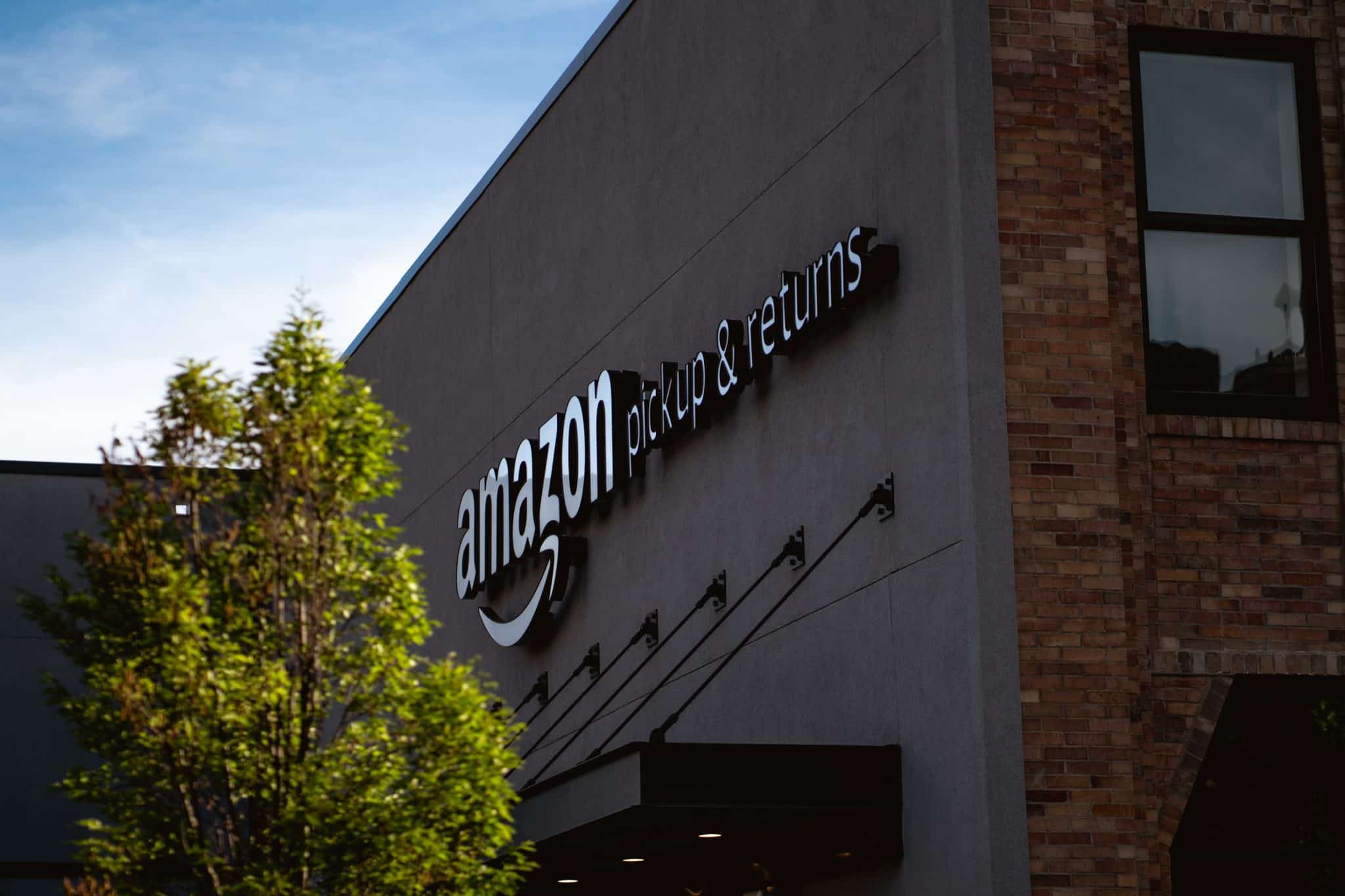Deanna Krokos is a student at Harvard Law School
This week, CBS News brought some attention to “outdated rules” in the Fair Labor Standards Act that exempt workers at theater chains like AMC from receiving overtime protections. Workers scheduled for 80-hour weeks or holiday shifts see no increase in their base wage because the FLSA exempts workers “employed by an establishment which is a motion picture theater” from its protections. Critics note that the FLSA was written at a time when most of these “employees” were professionals, like projection operators, and today’s theater workforce is much more diverse and vulnerable to exploitation. The report drew attention to a petition on coworker.org calling on the theater to re-examine these policies. The petition has received over 7,000 signatures.
The Atlantic published a piece describing the way “Amazon’s cutting-edge technology, unrelenting surveillance, and constant disciplinary write-ups” put workers in dangerous situations, increasing the likelihood of workplace injury. Warehouses like the one in Eastvale, California have reported serious injuries, requiring time off from work, at 3 times the industry average. While Amazon touts its comprehensive instructions and studies on how to work safely, some employees told The Atlantic that “they had to break the safety rules to keep up” with the speed and expectations created by Amazon’s aggressive delivery timelines.
The Washington Post reported that the U.S. has steadily lost office and administrative support jobs. Since 2000, approximately 2.1 million of these positions have disappeared. WaPo highlighted that these jobs were long regarded as “ a reliable path to the middle class for women without college degrees.” The report also highlighted the dissonance between these figures and many prevalent political conversations. While significant attention has been focused on job decreases and threat of automation in manufacturing, the auto industry, and other traditionally-male occupations, these female-dominated opportunities are disappearing without much contest.
The release of November’s jobs numbers brought good news, reporting an unemployment rate of 3.5% and the addition of 226,000 jobs to the economy. However, many remain concerned that this is not driving a significant increase in wages, which “remain modest relative to other periods with historically low unemployment.” Wages are up 3.1% from this time last year, down from February’s 3.4% figure.
As the Harvard Graduate Student Union continues to strike, UPS Teamsters have stopped delivering packages to the Harvard campus in solidarity with the graduate student workers. The Crimson reported Friday that “members and supporters of HGSU picketed at gates, loading docks, and delivery centers” and that the UPS workers’ decision was made public through university communications explaining the delay. Earlier this week, Annie wrote for the Boston Globe about her experience as a graduate worker at Harvard, the reasons she is striking, and the goal of “a fair first contract.” The strike came after months of disagreement between the union and University bargaining representatives about certain key issues like compensation, health care plans, and the creation of a neutral third-party grievance process for victims of sexual harassment and assault.






Daily News & Commentary
Start your day with our roundup of the latest labor developments. See all
February 23
In today’s news and commentary, the Trump administration proposes a rule limiting employment authorization for asylum seekers and Matt Bruenig introduces a new LLM tool analyzing employer rules under Stericycle. Law360 reports that the Trump administration proposed a rule on Friday that would change the employment authorization process for asylum seekers. Under the proposed rule, […]
February 22
A petition for certiorari in Bivens v. Zep, New York nurses end their historic six-week-strike, and Professor Block argues for just cause protections in New York City.
February 20
An analysis of the Board's decisions since regaining a quorum; 5th Circuit dissent criticizes Wright Line, Thryv.
February 19
Union membership increases slightly; Washington farmworker bill fails to make it out of committee; and unions in Argentina are on strike protesting President Milei’s labor reform bill.
February 18
A ruling against forced labor in CO prisons; business coalition lacks standing to challenge captive audience ban; labor unions to participate in rent strike in MN
February 17
San Francisco teachers’ strike ends; EEOC releases new guidance on telework; NFL must litigate discrimination and retaliation claims.